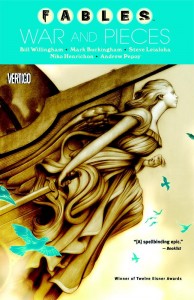You ever see Akira? I haven’t, but I went to see Chronicle on the strength of it completely reminding me of the version of Akira that’s in my head. That worked out pretty well for me. See, there’s this disaffected teen with a camera, and he wanders around filming everything, like disaffected teens with cameras in movies do. (Well, okay, also like skeptical husbands and best friends and film students and, okay, pretty much anyone in the last 15 years who has ever had a camera in a movie.) And he even meets a blogger chick with her own camera at a party, but before you have time to realize how tragically underused she’s going to be, even before he gets a chance to consider being into her, she starts flirting with his cousin instead.
Which doesn’t really leave a lot of conflict, just 80 minutes of emo misery, right? Well, no, but only because he and his cousin and his cousin’s class president friend find a hole in the ground that leads to a glowing macguffin that gives them all, y’know, powers. And then they start figuring out how to use their powers, and how to use their powers to change their lives. And then, you know, other things happen. Good psychology, good superheroing, good primary cast, mediocre supporting cast (with one infuriating exception), really good use of multiple cameras (considering the context), plus also it’s set in Seattle, if that has any relevance.
It’s not a great movie, but it’s a pretty good one, and considering this is February? It’s close to great after all.
